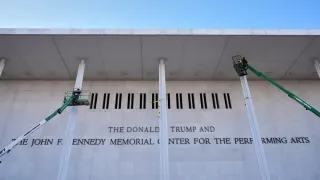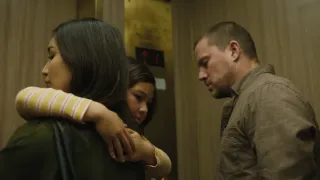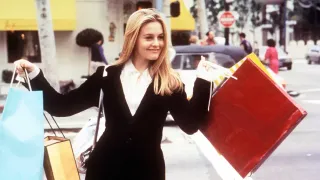April 30, 2017
BART Stations Eyed for Syringe Boxes
Seth Hemmelgarn READ TIME: 3 MIN.
San Francisco officials are looking at some BART train stations as sites for syringe disposal boxes.
Making clean syringes available to intravenous drug users has long been credited with helping decrease the number of HIV transmissions in San Francisco, but the city has struggled with syringes being scattered on sidewalks and in the streets. There are already boxes in other locations where people can deposit their used syringes.
Eileen Loughran, a health program coordinator with the city's public health department, said that three BART stations initially identified as hot spots were Powell, Civic Center, and 16th and Mission.
Loughran, who isn't aware of any opposition to the proposal, hopes the syringe boxes will be installed at the Mission and Powell stations "within a few months." The Powell station, which mostly serves commuters and tourists, would likely be first.
Two sites near the outdoor steps at the station are being considered.
"Sixteenth and Mission is a little bit different," Loughran said. The area is more residential than Powell, so "we will go through a community process," to talk about installing a syringe container. Officials are connecting with neighborhood groups, business organizations, community leaders, and other city agencies that deal with the neighborhood to gauge their support, she said.
Where to put the box at the Mission station is "up for discussion," Loughran said.
The Mission and Powell stations are currently the ones being prioritized because for the Civic Center area, a kiosk is already being considered nearby.
"We always like to place something then assess if it's working," Loughran said. "It doesn't really make a lot of sense" to put multiple boxes at one site without knowing it will work.
The idea for disposal boxes at BART stations came up when city staff connected with BART officials at a meeting and discussed "ongoing issues around discarded syringes," she said.
"They were the ones who were really driving the request," Loughran said of BART officials.
Once boxes are installed, health department staff check them "almost daily," she said, although "the standard practice is to maintain them on a weekly basis."
The kiosk in the Civic Center area would be about the size of a public mailbox.
Loughran said that in February, a kiosk was placed at the offices for Community Behavioral Health Services at 1380 Howard Street, and "after two weeks of being placed, the box was half full. ... That's a really good sign," and that many less syringes were left in the street.
Gay BART director Bevan Dufty said he supports placing syringe boxes "at stations where there are major issues with syringes."
Sixteenth and Mission, Civic Center, and Powell have been the most problematic, Dufty said.
At Civic Center, there are from 40 to 50 syringes at each entrance every day, he said.
"Overwhelmingly, the needles are being tossed into the station areas from the street level," he said. "Most of it is not from people using in the station, although that certainly does take place."
Dufty said the problems have contributed to escalator and entrance closures at the station, which is just blocks away from City Hall.
"The number of needles that have been ground into the works of the escalators have contributed to the need to replace the escalators," he said. "... They can no longer be repaired, and it's going to take a year to fully replace them. It's a real challenge."
BART's executive staff would meet this week to make a decision on "the direction they're going to take," Dufty said.
"I'm very hopeful," he said. "I feel very positive that this notion is out there in the public domain. People have been overwhelmingly supportive."
Smaller boxes cost less than $300. Loughran couldn't immediately say what the cost of a kiosk is, but "when you think about a place where people can dispose of syringes, it's actually cost efficient, because of the syringes people don't have to clean up off the ground."






